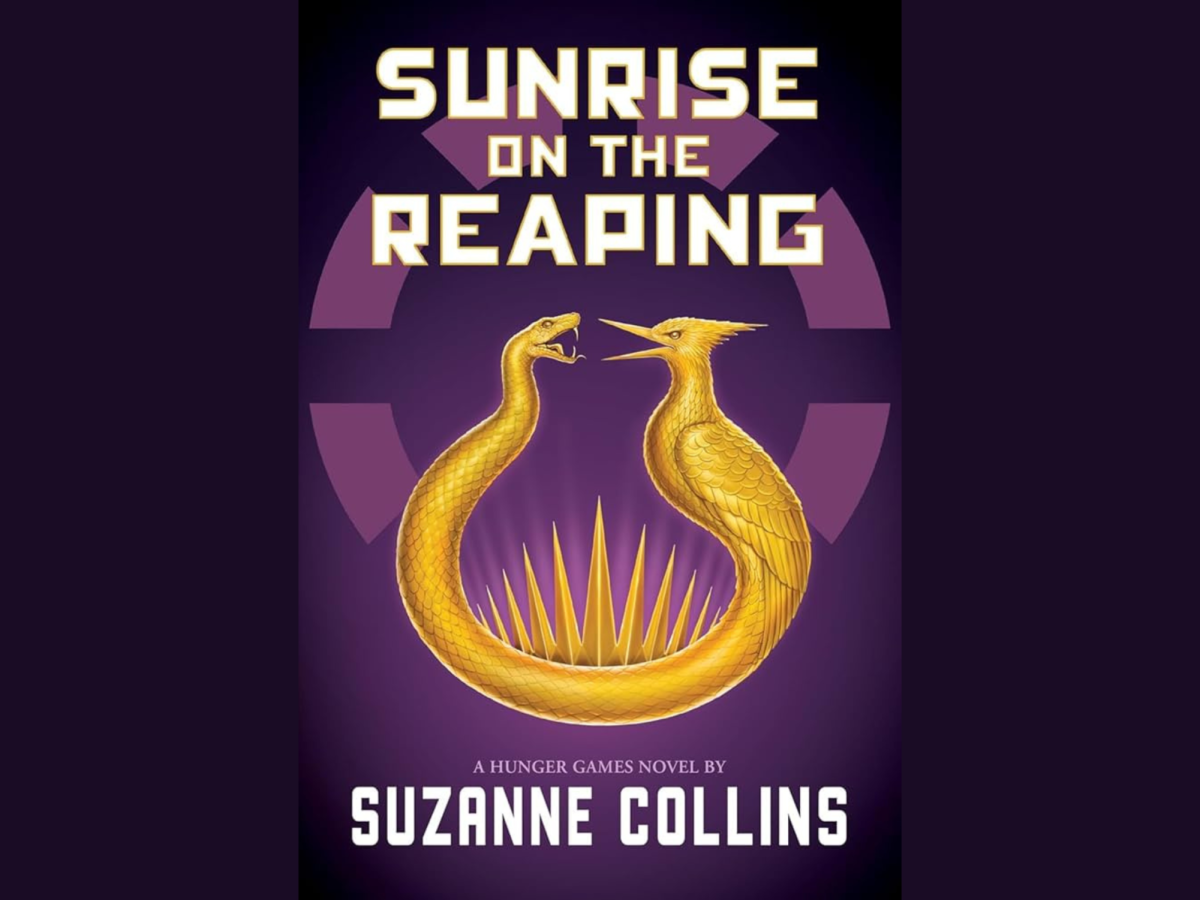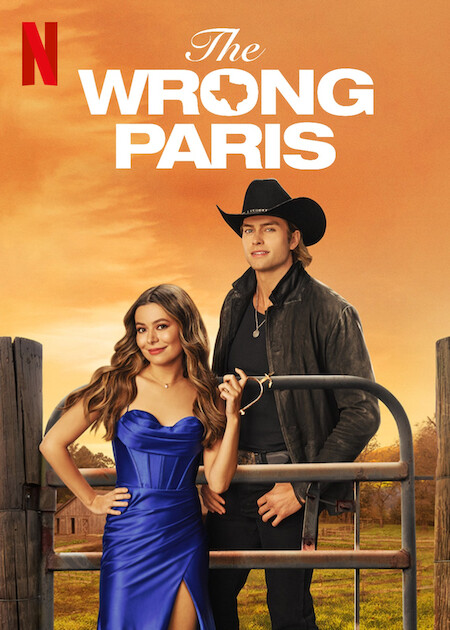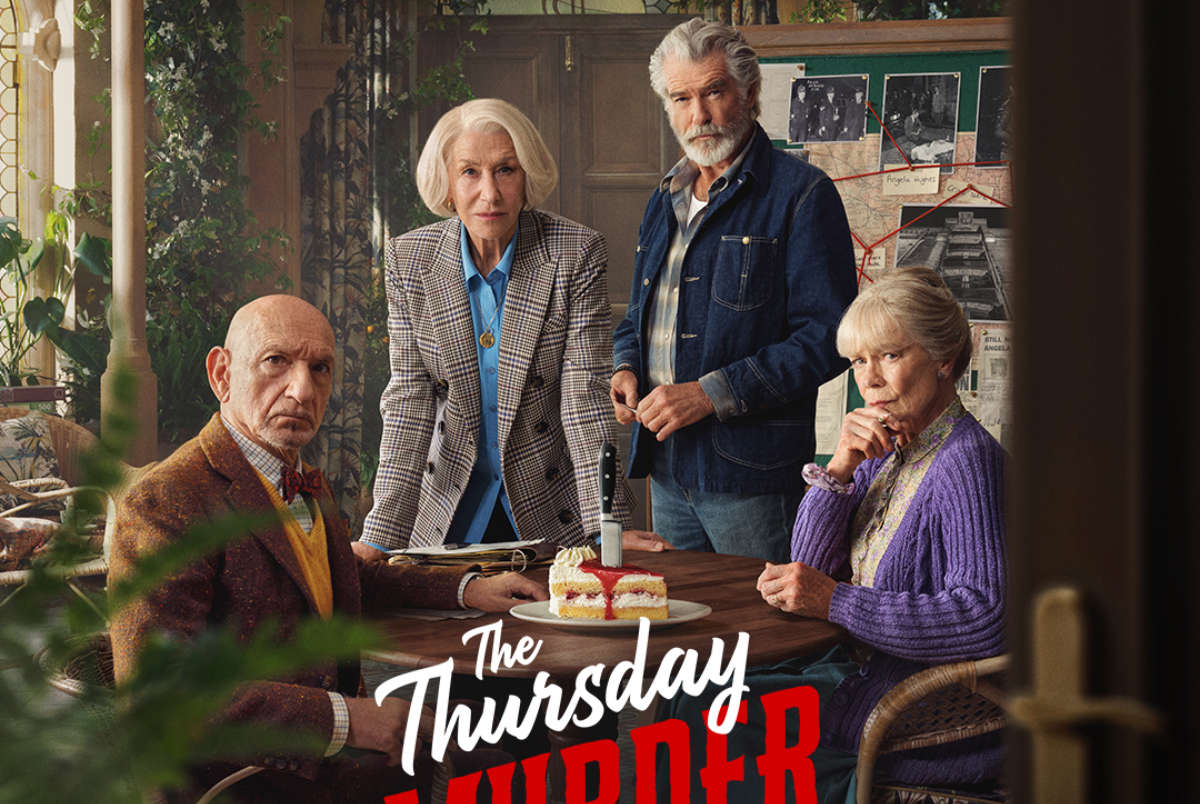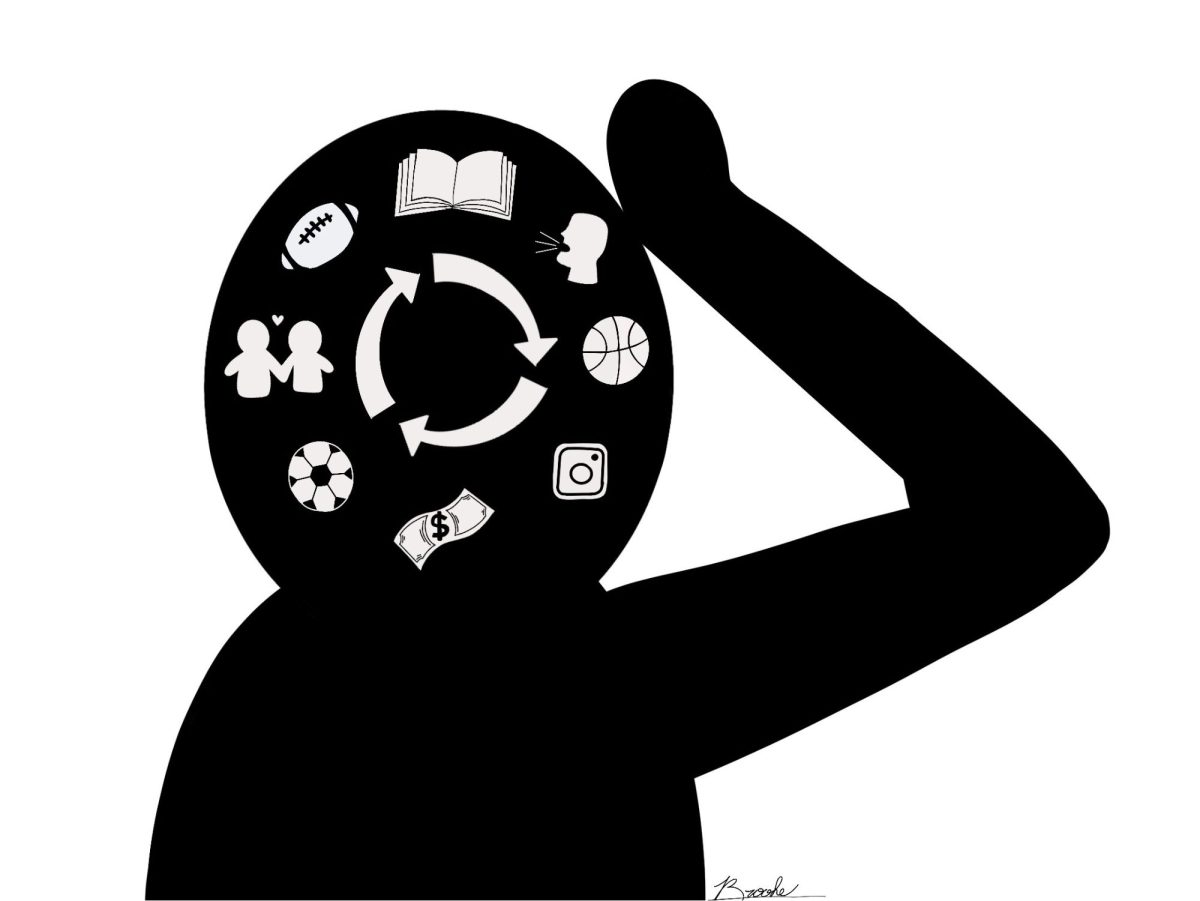I don’t believe that there has been a dystopian series as influential as “The Hunger Games.” The series has cemented itself as more than a cultural moment, but a full-blown phenomenon. The books spawned blockbuster films, inspired real-world protest symbols, and turned Katniss Everdeen’s mockingjay pin into an icon of resistance. It was the blueprint of countless YA contemporaries, yet it’s the only one that has stood the test of time. Now, 17 years after the release of “The Hunger Games,” we finally get to see the origin story of Haymitch Abernathy, the man that eventually mentors Katniss Everdeen in the original trilogy. To say I was excited was an understatement, since this meant that my favorite character from the entire series was finally getting a book of his own.
When the prequel was first announced, though, my immediate reaction was skepticism. For months, I worried it might be a shallow attempt by Suzanne Collins to capitalize on the franchise’s past success; a rehash of familiar events that wouldn’t add anything substantial to the Hunger Games universe. After all, we already know how this story ends. As a longtime fan, I remembered the key details from “Catching Fire”: Haymitch’s victory in the 50th Hunger Games, the Capitol’s brutal retaliation afterwards against his family and girlfriend, and his eventual spiral into alcoholism. We were essentially hand fed every major plot point of “Sunrise on the Reaping,” so what’s the point in writing a whole book about it? What could this book possibly offer that we didn’t already know?
That familiarity made me reluctant to read it at first. I doubted it could bring anything fresh to Panem’s dystopian landscape, that it would lack the life of the other books in the series, and that it wouldn’t pack an emotional punch because I figured its impact would be lost to dramatic irony.
I was wrong.
The second I opened the book and saw the introduction, four quotes warning about the dangers of propaganda and misinformation, I knew I was going to be in for a ride. This reflects one of my favorite things about Collins’s writing: the masterful way that she interweaves real-world commentary with the fictional Panem, paralleling the events in the story with current events and issues. The main issue she tackles this time around is the pervasiveness of propaganda in the media, especially in news. More than ever, she focuses on the immorality of the sensationalism surrounding the Games, using Haymitch’s experiences to show how the manipulation of information can be used to subsequently manipulate a people. It’s different, it’s new, and most importantly, it takes a story that I thought I was so familiar with and gives it back to me through a unique lens, giving meaning to plot points and symbols in the trilogy that I originally wrote off.
“Sunrise on the Reaping” also doesn’t just revisit the actual Hunger Games, it drags them back into the spotlight with a vengeance. The Second Quarter Quell throws four kids from each district into the arena instead of two, turning the usual carnage into something exponentially more grotesque than what was described in the previous books. Double the tributes means double the slaughter, double the despair, and double the Capitol’s sickening delight. Collins seems to have channeled every twisted fever dream she’s ever had into this book, because some of these deaths feel like they were taken straight from a nightmare. My one qualm with this rendition of the Games is that with so many tributes crammed into the arena, it’s hard to care about most of them, especially when we already know that Haymitch walks out alive. But then Collins still manages to hit you hard with the loss of characters you’ve barely had time to love, and suddenly, the brutality and gore of it all hits you like an axe to the head.
The new characters have to be my favorite, but ultimately became the most tragic part about this book. The sweet and sharp-witted Louella McCoy, the calculating Wyatt Callow, and the ambitious Ampert Latier were all tributes that became near and dear to my heart even though I knew they were doomed from the beginning. There’s something painfully beautiful about loving characters with expiration dates, because you know for certainty that their stories begin and end within these pages, and that no future rebellion or epilogue will save them. President Snow will always slither his way through the pages of The Hunger Games, and he will always find a way to poison the narrative as an ever present antagonist. Katniss and Lucy Gray’s actions, too, will echo far beyond their own arcs. But these tributes? They existed only in that one moment, and somehow, that makes them matter more. Collins forces you to care, when both you and her know full well she’s about to rip them away. It’s brilliant, regardless of how much hurt it causes.
That said, the prequel isn’t without its flaws. Collins leans a little too hard on nostalgia, stuffing in character cameos that barely helped progress the plot. Because even though spotting a familiar face in a book is fun, it keeps its excitement for maybe about two seconds. Then you realize they’re just… there, taking up space that could’ve been used to flesh out Panem. Along the same line of reasoning, a major sub plotline of the book is only coherent if you’ve read the previous prequel, “A Ballad of Songbirds and Snakes.” And while that book was also a great read, it’d be nice if there wasn’t crucial information locked behind 500 pages of prerequisite material.
As I was reading this, I felt as if I was transported back to 2016, where I’d read the original trilogy cover to cover again and again. And while this prequel isn’t perfect, it did something even more important: it brought back the spark I had for reading dystopia, immersing me back into a world that reminds me of my adolescence. Logically, Sunrise on the Reaping shouldn’t work as well as it does. The odds definitely weren’t in its favor. But just like Katniss, Peeta, and now Haymitch, it defied those odds and carved out a space for itself in the Hunger Games universe.









![Displaying a QR code for students to scan, the flyer allows students to sign up and learn about their desired colleges as they visit throughout the school year. Many schools have had additional presentations for students to learn more about what they offer. “For me, I’m interested in criminal justice,” junior Zion Jefferson said. “I know that UNLV and Nevada State University have this major. But, [the college fair] is going to be beneficial, so I can see what other schools offer as well.”](https://southwestshadow.com/wp-content/uploads/2025/10/IMG_2721-1200x900.jpg)

![Fast food has not stayed the same principle of “sit down, order, and get food,” but has turned into a process with multiple layers and complexity. This is largely due to the integration of automation in every aspect of dining. “I'm not that knowledgeable on it, but I've seen videos on TikTok, I'm not really concerned—it doesn’t seem that smart,” senior Dallas Evertt said. “When [some people are just ordering] 18,000 water cups, it sounds really dumb. There was no way [the AI] was gonna put down 18,000 water cups—and that just shows how it’s not going to take anybody’s job soon.”](https://southwestshadow.com/wp-content/uploads/2025/10/Dominante-Image-1200x675.png)
